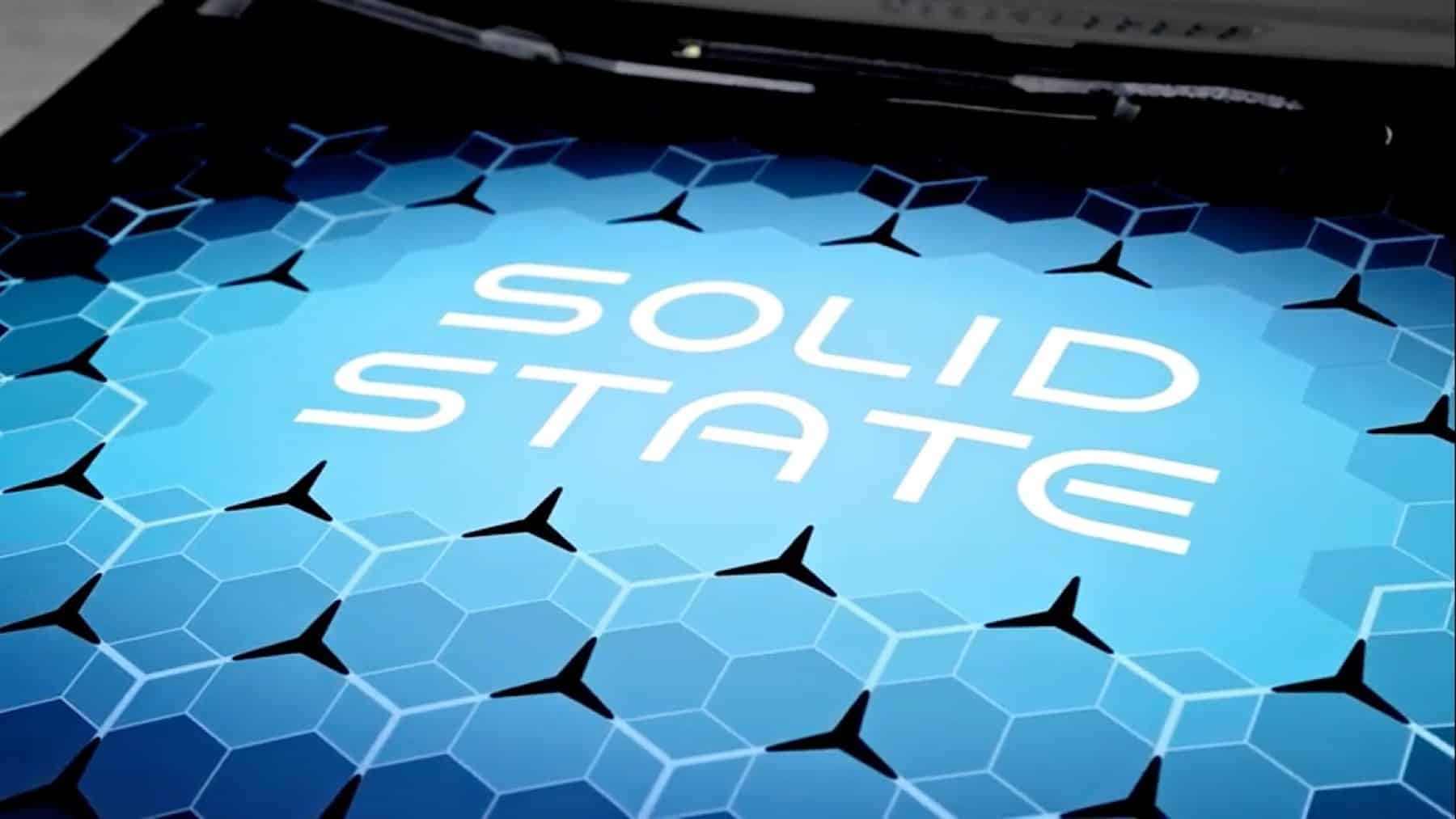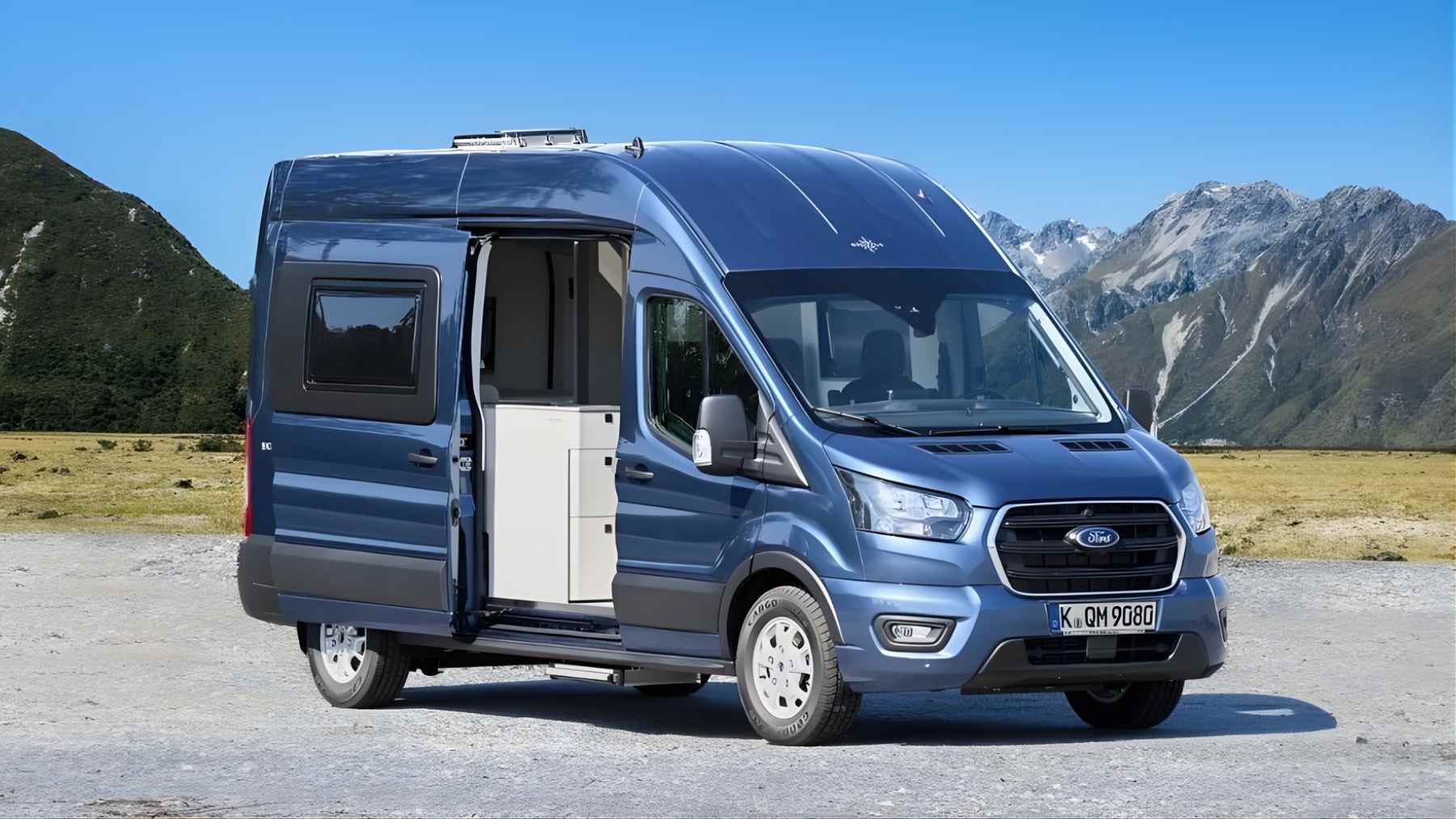A major shift occurred in the automotive sector because German manufacturers have launched lithium-metal battery technology, which might lead to the hydrogen fuel period ending. The German auto manufacturer Mercedes-Benz leads innovation development through the solid-state battery vehicles available in the market. The innovative discovery creates opportunities to transform electric vehicles into higher-performing, sustainable vehicles. This article explores this breakthrough development with detailed information.
Research on lithium-metal battery technology demonstrates enough potential to drive hydrogen fuel cells out of the market sector.
Lithium-metal batteries outperform the older lithium-ion batteries in terms of their operational capabilities. Thorough energy storage occurs directly using these batteries, although they operate differently from hydrogen fuel cells that produce electricity from hydrogen and oxygen reactions. The modern battery technology of advanced materials delivers both bigger storage capability and longer battery life and accelerated recharging functions that enhance electric vehicle operational excellence.
Mercedes-Benz’s leadership devotes resources to developing battery technology to enhance present battery devices. Mercedes-Benz demonstrates its environmentally conscious commitment to development by adding lithium-metal batteries to its product lineup. The technological upgrade provides better vehicle operational control while resolving the environmental challenges of hydrogen production and container systems.
Market leadership in the automotive sector belongs to Mercedes-Benz because of their creation of solid-state batteries.
The automotive sector achieved an important historical achievement when Mercedes-Benz launched its first product featuring solid-state lithium-metal battery power. The technology provides exceptional energy storage capacity and better protection, which resolves the main shortcomings of current electric vehicles. The battery design benefits from unrestricted electrolyte movement in a liquid state by decreasing both leakage incidents and fire events.
Modern battery technologies enable electric vehicles to have bigger driving ranges, which improves their viability for longer trips between charges. The manufacturer’s continuous investment in this technology positions the company as an industry leader in developing green transportation solutions. Lithium-metal batteries receive full-scale investment from Mercedes-Benz because they ensure market supremacy for electric vehicles.
Lithium-metal batteries present superior capabilities to hydrogen technology due to various key factors.
Several problems accompany the widespread promotion of hydrogen fuel cells as clean energy components. The production chain for hydrogen, plus storage and distribution procedures, requires complex and expensive methods. The efficiency of hydrogen fuel cells falls below the level reached by lithium-metal batteries. Lithium-metal technology provides an accessible, sustainable option that resolves the present problems.
The high energy density of Lithium-metal batteries leads to longer vehicle driving distances and faster recharge times. This innovation improves the convenience factor of electric vehicles, increasing their market demand. The production process of lithium-metal batteries needs less energy compared to hydrogen fuel cells, reducing overall environmental damage. A technological advancement of this kind can potentially transform clean transportation for the future.
The following advancements in electric vehicles will shift how the technology progresses further.
Lithium-metal batteries mark a historic advancement for electric vehicle development, as Mercedes-Benz introduced them into its market. Because of this technological development, the automotive industry expects further innovation, which has invited other corporations like Mercedes-Benz to implement similar methods. The implementation of lithium-metal batteries brings dual advantages of performance excellence along with environmentally responsible operations.
The automotive industry’s future development will concentrate primarily on battery technology research for improvement purposes. The market success of Mercedes-Benz lithium-metal battery vehicles will accelerate research to create better energy storage solutions through further development. A fundamental change takes place at this point in the development of environmentally friendly transportation methods.
The introduction of German lithium-metal cars marks the permanent departure of the hydrogen period through Mercedes-Benz motorcars. Introducing solid-state lithium-metal batteries brings revolutionary improvements to electric vehicles by providing enhanced safety and sustainable performance characteristics. This technological advancement has created substantial progress for sustainable transportation because it has established a new period of advancement in the automotive sector.















